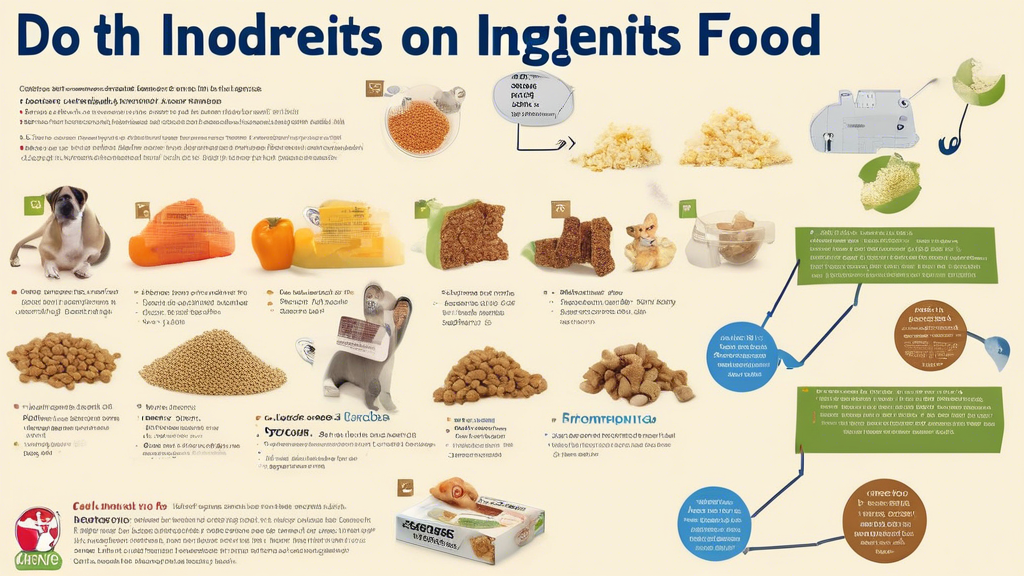Understand Celiac Disease: Its Symptoms, Diagnosis, and Treatment
Celiac disease is an autoimmune disorder that affects the digestive system. It is caused by a reaction to gluten, a protein found in wheat, rye, and barley. People with celiac disease experience a range of symptoms, including digestive problems, weight loss, fatigue, and nutritional deficiencies.
Early diagnosis of celiac disease is crucial for effective management. Diagnosis involves blood tests to detect antibodies associated with the disease. A biopsy of the small intestine may also be performed to confirm the diagnosis.
The primary treatment for celiac disease is a strict gluten-free diet. This involves eliminating all foods containing gluten, such as bread, pasta, and certain cereals. Following a gluten-free diet helps manage symptoms and prevent long-term complications.
Living with celiac disease requires ongoing vigilance in managing symptoms and preventing exposure to gluten. This includes carefully reading food labels, avoiding cross-contamination, and seeking support from healthcare professionals and support groups.
By understanding the symptoms, diagnosis, and treatment of celiac disease, individuals can effectively manage this condition and improve their overall health and well-being.
Celiac Disease: Symptoms, Diagnosis, and Treatment
Symptoms
Celiac disease is an autoimmune disorder that damages the small intestine when gluten is consumed. Gluten is a protein found in wheat, rye, and barley. Symptoms of celiac disease can vary depending on the individual, but some of the most common include:
- Digestive problems, such as diarrhea, constipation, bloating, and gas
- Weight loss
- Fatigue
- Iron deficiency anemia
- Skin rashes
- Tooth enamel defects
Diagnosis
The diagnosis of celiac disease can be challenging, as the symptoms can be similar to those of other conditions. A blood test can be used to screen for celiac disease, and a biopsy of the small intestine is required to confirm the diagnosis.
The biopsy is typically performed during an endoscopy, which is a procedure in which a thin, flexible tube with a camera on the end is inserted into the mouth and down the throat to examine the esophagus, stomach, and small intestine.
Treatment
The only treatment for celiac disease is to follow a gluten-free diet. A gluten-free diet means avoiding all foods that contain wheat, rye, or barley. This can be challenging, as gluten is found in many common foods, such as bread, pasta, cereal, and baked goods.
However, there are many gluten-free alternatives available, and following a gluten-free diet can help to improve symptoms and prevent damage to the small intestine.
Next Steps
The #1 Free Source for Pitbull & Bully Pedigrees!

Living with Celiac Disease
Managing celiac disease requires a comprehensive approach that encompasses dietary modifications, lifestyle adjustments, and emotional resilience. Here’s a detailed guide to living with celiac disease:
Dietary Management
- Follow a Strict Gluten-Free Diet: Gluten is the protein found in wheat, rye, and barley, which triggers inflammation in people with celiac disease. Eliminate all gluten-containing foods from your diet, including bread, pasta, cereals, and baked goods.
- Read Food Labels Carefully: Check food labels diligently for hidden sources of gluten. Even trace amounts can trigger symptoms. Look for the gluten-free label or check the ingredient list for words like wheat, rye, or barley.
- Avoid Cross-Contamination: Use separate utensils, cookware, and cutting boards for gluten-free foods. Avoid cooking or eating in areas where gluten-containing foods are being prepared.
Support and Resources
- Join Support Groups: Connecting with other individuals who have celiac disease can provide emotional support, practical advice, and a sense of belonging.
- Utilize Celiac-Specific Resources: Non-profit organizations like the Celiac Disease Foundation and Beyond Celiac offer educational materials, support services, and advocacy for individuals with celiac disease.
- Work with a Dietitian: A registered dietitian can assist with meal planning, gluten-free food recommendations, and guidance on managing nutritional needs.
Coping with Challenges
- Acknowledge the Emotional Impact: Celiac disease can affect emotional well-being. Be mindful of your feelings and seek professional help if needed.
- Find Positive Outlets: Engage in activities that bring you joy and relaxation, such as exercise, meditation, or spending time in nature.
- Educate Yourself and Others: Increase your knowledge about celiac disease and share it with your family and friends. This can help reduce misunderstandings and support your dietary choices.
- Stay Positive: Managing celiac disease can be challenging, but it’s important to stay positive and focus on the benefits of a gluten-free lifestyle. Remember that you are not alone and there are resources available to support you.
**Conclusion**
Celiac disease is a serious autoimmune condition that requires lifelong management. By understanding its symptoms, diagnosis process, and treatment options, individuals can effectively manage their condition and improve their quality of life.
Living with celiac disease requires vigilance and attention to detail. Careful reading of food labels, strict adherence to a gluten-free diet, and avoidance of cross-contamination are essential for maintaining health. Support groups and resources provide valuable information, emotional support, and a sense of community.
Managing the challenges of celiac disease can be an ongoing journey, but with proper support and education, individuals can learn to navigate the complexities of the condition and live fulfilling and healthy lives. By embracing their dietary limitations and seeking professional guidance, individuals can effectively manage celiac disease, prevent complications, and optimize their overall well-being.














Leave A Comment